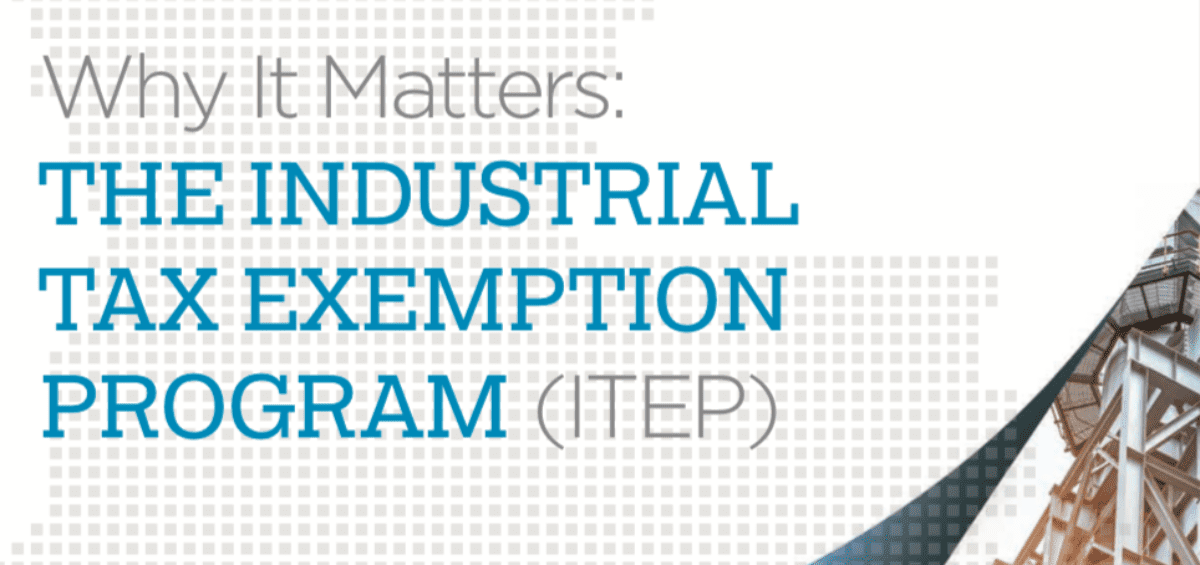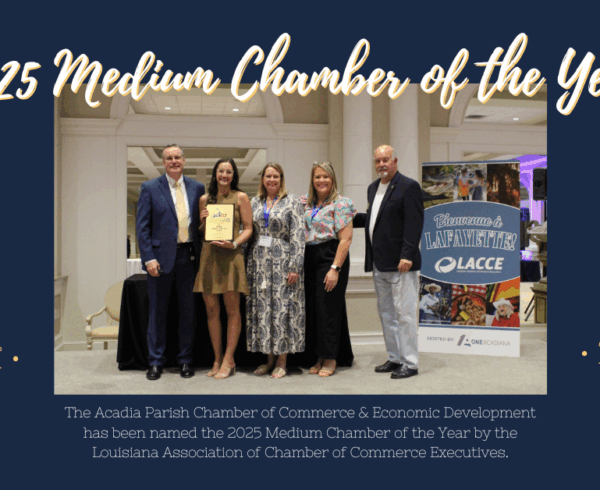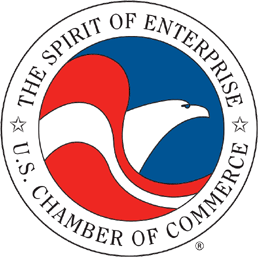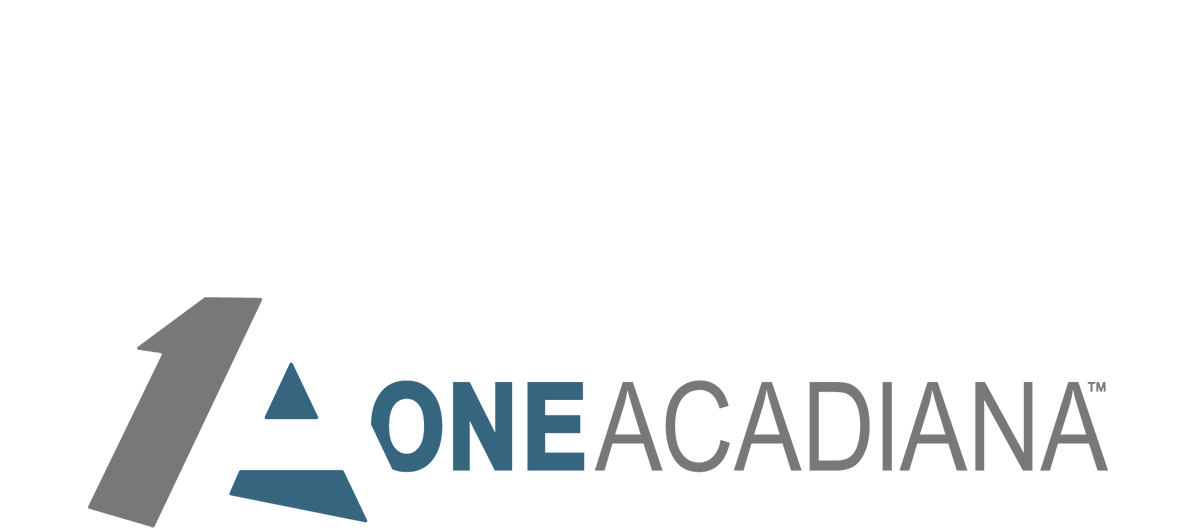BATON ROUGE, LA (February 4, 2019) – Today the Louisiana Association of Business and Industry (LABI) released a report that outlines the facts of why the Industrial Tax Exemption Program (ITEP) matters and how it clearly brings opportunity and prosperity to families, workers, local governments and businesses of all sizes in Louisiana.
In June 2016, Governor John Bel Edwards initiated seismic changes for local government and Louisiana employers with an Executive Order significantly limiting the decades-old ITEP.
At that time, LABI raised significant concerns with the governor’s changes and urged state leaders to modify and reconsider the 2016 rules. In the ensuing months, it became clear to stakeholders across the spectrum that more guidance and structure was required if the Program were to continue to attract sought-after manufacturing investment to Louisiana. As a result, the governor’s administration issued another framework to redefine ITEP, which took effect in August 2018.
Although the new rules are an improvement, ITEP remains far more limited and convoluted than in previous years with less recognition of the importance of manufacturing investment. Now, local governments and employers are working to understand and implement the 2018 process and criteria on a project-by-project basis.
“Manufacturers seeking to invest in Louisiana are now faced with a complex patchwork of policies and bureaucracies, complicating and delaying decisions that affect workers and communities,” says LABI’s Senior Vice President and report author Camille Conaway. “The data clearly shows that manufacturing – supported by ITEP – brings tremendous benefit to the state far beyond the facility fenceline. In parishes with manufacturing jobs, wages are higher, poverty rates are lower, and both property and sales tax collections are higher, supporting essential community services such as higher teacher pay.”
Despite the state overhaul of this Program and despite data showing the community impact of manufacturing, critics continue to spread misinformation and insist that more taxes should be collected from Louisiana employers.
LABI president and CEO Stephen Waguespack stated, “The current divisive rhetoric against the job creators who apply for ITEP significantly harms not only our business climate but growth opportunities for communities across Louisiana. Manufacturing is the backbone of this state’s economy, and ITEP makes that investment happen. LABI strongly supports ITEP to help overcome perennial challenges facing Louisiana’s job creators and to bring high-wage jobs and opportunity to Louisiana families.”
The new LABI report details the new ITEP state policy and highlights examples of new local government processes to implement ITEP. The paper also outlines the impact of high-wage manufacturing jobs to Louisiana’s economy with parish-by-parish breakdowns of wages and property and sales tax collections.
Drawing on national rankings and research, LABI’s report shows how ITEP can help combat the perennial challenges faced by Louisiana’s employers, particularly the unnecessarily complex tax system that does not exist in the vast majority of other states. Even with programs such as ITEP, national data shows that Louisiana businesses pay 49 percent of all taxes collected in Louisiana, which is above the national average of 44 percent. Given all of the other recent tax changes at the state level – which led one national report to note that Louisiana had the greatest increase in business taxes in the nation from 2016 to 2017 – LABI’s report re-emphasizes the importance of ITEP as an economic development tool.
At the end of the report, LABI encourages all local governing authorities to:
- Streamline the process for decision making within the parish to a single point of contact where possible;
- Provide a standard policy and process across local entities within a parish to offer predictability to companies and communities;
- Develop rubrics and criteria that utilize data and facts to recognize the short and long-term value that manufacturing brings to a community; and
- Publicize the information so that companies clearly understand the rules of the program and are treated fairly in the process.
LABI also urges the governor and the Board of Commerce and Industry to:
- Consider requiring a single local policy and point of contact for each parish; and
- Provide local authorities with the flexibility to offer up to 100 percent of the abatement.
LABI’s most recent report is available for download at www.labi.org/research.
About the Louisiana Association of Business and Industry
The Louisiana Association of Business and Industry was organized in 1975 to represent Louisiana businesses, serving as both the state chamber of commerce and state manufacturers association. LABI’s primary goal is to foster a climate for economic growth by championing the principles of the free enterprise system and representing the general interest of the business community through active involvement in the political, legislative, judicial and regulatory processes. Find out more information at http://www.labi.org











